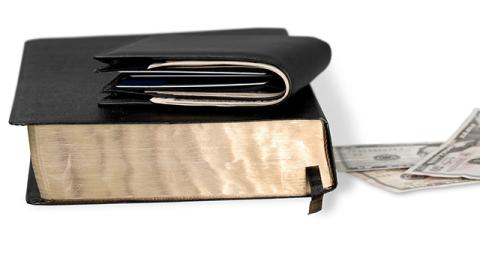3 Ways to Keep Personal Info Safe Shopping Online
Businesses across the country are likely celebrating after this year's Cyber Monday.
After a busy holiday weekend in shopping malls, millions of Americans were expected to log on and keep shopping on the day dubbed Cyber Monday. Experts expected them to spend $2.5 billion.
Early data shows sales were up from last year and many expect this year's event will be the biggest online shopping day of the year.
The average online order was $131.66 -- about the same as last year. But the number of online transactions are higher, meaning people bought more items per order.
The Monday after Thanksgiving has been the biggest online shopping day of the year since 2010. Many consumers actually started their online shopping for holiday deals before Thanksgiving and haven't slowed down.
"Cyber Monday is an amazing day to shop online, but it's not the only day anymore. It's really a cyber month of deals and I think Cyber Monday is the summit," shopping guru Mark Elwood said.
Cyber Monday could take on added importance this holiday season after a Thanksgiving weekend that saw fewer shoppers and lower spending than last year.
Although 133 million people went to the stores between Thanksgiving and Monday, that's down more than 5 percent from from 2013.
But while shopping online is increasingly more convenient for many, how can consumers keep their credit cards and their personal information safe?
1. Don't shop online in public.
"Don't shop online when you're in public, using public wi-fi. It's public wi-fi -- everyone has access to it," "Shark Tank's" Robert Herjavec, who made his millions in cyber security, said.
2. Stick to well-known, credible retailers.
Before you click "purchase," always make sure the site's verified. Look for an appropriate symbol, like "Verisign" or "Verified by Visa."
3. Check Your Statements
"And then third, always, always check your statement. If you catch fraud on your card right away, typically you're not responsible," he said.
Herjavec also warns consumers to check those monthly statements line by line for small, questionable charges, usually under $20.




